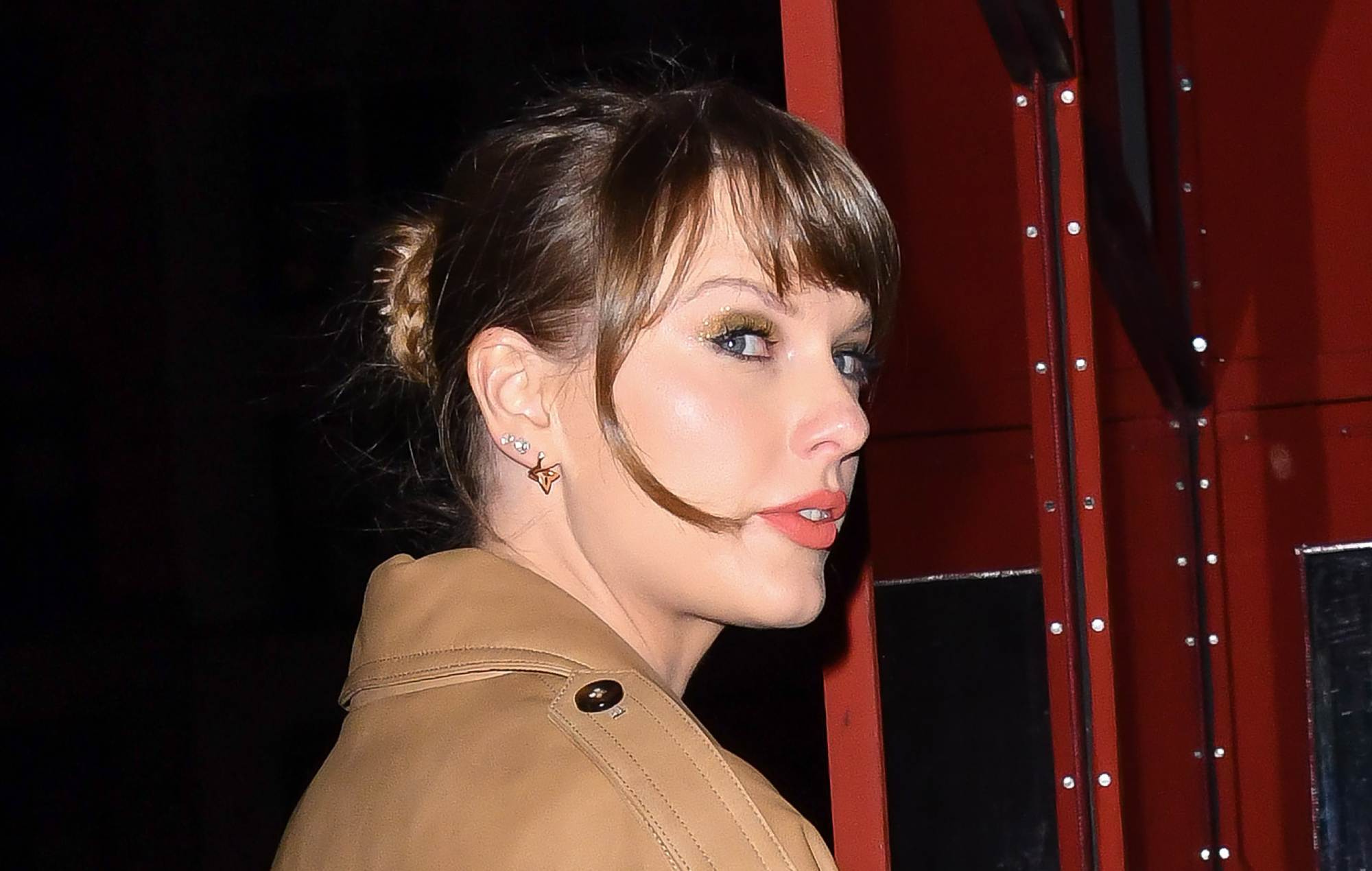A Taylor Swift op-ed speculating about her sexuality has been slammed by the popstar’s associates as “invasive, unfaithful and inappopriate”.
On January 4, the New York Times printed an opinion piece, suggesting there was “queerness implied by Ms. Swift’s work”. Amongst different supposed references Swift has made in her music, the article claimed Swift covertly got here out in 2019 by way of an Instagram post. The singer posted a “rainbow-glazed” photograph of a friendship bracelet with the bisexual satisfaction flag colors and the phrase ‘proud’ on the beads.
Now, a supply “near the scenario” has spoken to CNN condemning the op-ed. On Saturday (January 6), the supply instructed the publication: “Due to her huge success, on this second there’s a Taylor-shaped gap in folks’s ethics.
“This text wouldn’t have been allowed to be written about Shawn Mendes or any male artist whose sexuality has been questioned by followers.”
The supply continued: “There appears to be no boundary some journalists received’t cross when writing about Taylor, no matter how invasive, unfaithful, and inappropriate it’s – all below the protecting veil of an ‘opinion piece.’”
Although Swift has publicly supported the LGBT+ group, she instructed Vogue Magazine in 2019 she was “not an element” of the group herself.
“Rights are being stripped from mainly everybody who isn’t a straight white cisgender male,” Swift mentioned. “I didn’t understand till not too long ago that I might advocate for a group that I’m not part of.”
Swift has additionally seemingly hinted at earlier hypothesis of her sexuality in a prologue she wrote for ‘1989 (Taylor’s Model)’. In response to “slut shaming” and “jokes about my quantity of boyfriends”, Swift mentioned she determined to “focus solely on myself, my music, my progress, and my feminine friendships.”
“If I solely frolicked with my feminine mates, folks couldn’t sensationalize or sexualize that — proper? I’d study afterward that individuals might and folks would.”
The author of the article and The Instances opinion editor Anna Marks has not publicly responded to the backlash but. Nevertheless, within the op-ed, she has pre-emptively acknowledged critics of the piece, writing: “I do know that discussing the potential of a star’s queerness earlier than a proper declaration of identification feels, to some, too salacious and gossip-fueled to be worthy of dialogue.”
“I share many of those reservations,” she proceed. “However the tales that dominate our collective creativeness form what our tradition permits artists and their audiences to say and be. Each time an artist indicators queerness and that transmission falls on deaf ears, that sign dies. Recognizing the potential for queerness — whereas being acutely aware of the distinction between risk and certainty — retains that sign alive.”
In different information, Carey Mulligan’s confused response to a Taylor Swift-themed query has gone viral on the Web.
